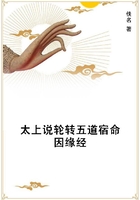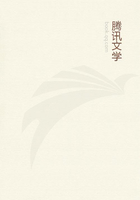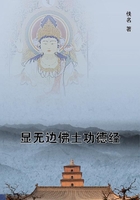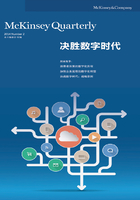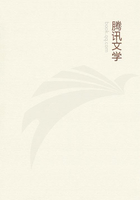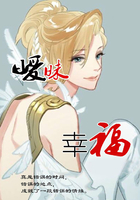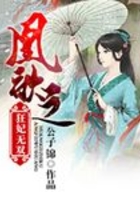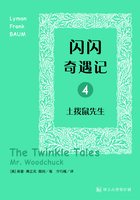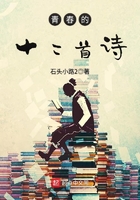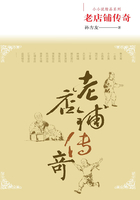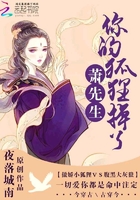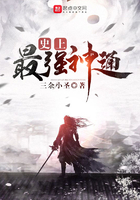But in order to understand the passion of their point of view, we must remember that the higher education for which the women of the nineteenth century were enthusiastic was distinctly an education along scholarly and intellectual lines; this early and original meaning of the term "higher education", this original and distinguishing function of the woman's college, are in danger of being blurred and lost sight of to-day by a generation that knew not Joseph. The zeal with which the advocates of educational and domestic training are trying to force into the curricula of women's colleges courses on housekeeping, home-making, dressmaking, dairy farming, to say nothing of stenography, typewriting, double entry, and the musical glasses minus Shakespeare, is for the most part unintelligible to the women who have given their lives to the upbuilding of such colleges as Bryn Mawr, Smith, Mt. Holyoke, Vassar, and Wellesley,--not because they minimize the civilizing value of either homemakers or business women in a community, or fail to recognize their needs, but simply because women's colleges were never intended to meet those needs.
When we go to the Metropolitan Museum of Fine Arts, we do not complain because it lacks the characteristics of the Smithsonian Institute, or of the Boston Horticultural Show. We are content that the Massachusetts Institute of Technology should differ in scope from Harvard University; yet some of us, college graduates even, seem to have an uneasy feeling that Wellesley and Bryn Mawr may not be ministering adequately to life, because they do not add to their curricular activities the varied aims of an Agricultural College, a Business College, a School of Philanthropy, and a Cooking School, with required courses on the modifying of milk for infants. Great institutions for vocational training, such as Pratt Institute in Brooklyn and Simmons College in Boston, have a dignity and a usefulness which no one disputes. Undoubtedly America needs more of their kind. But to impair the dignity and usefulness of the colleges dedicated to the higher education of women by diluting their academic programs with courses on business or domesticity will not meet that need. The unwillingness of college faculties to admit vocational courses to the curriculum is not due to academic conservatism and inability to march with the times, but to an unclouded and accurate conception of the meaning of the term "higher education."
But definiteness of aim does not necessarily imply narrowness of scope. The Wellesley Calendar for 1914-1915 contains a list of three hundred and twelve courses on thirty-two subjects, exclusive of the gymnasium practice, dancing, swimming, and games required by the Department of Hygiene. Of these subjects, four are ancient languages and their literatures, Greek, Latin, Hebrew, Sanskrit.
Seven are modern languages and their literatures, German, French, Italian, Spanish, and English Literature, Composition, and Language.
Ten are sciences, Mathematics, pure and applied, Astronomy, Physics, Chemistry, Geology, Geography, Botany, Zoology and Physiology, Hygiene. Seven are scientifically concerned with the mental and spiritual evolution of the human race, Biblical and Secular History, Economics, Education, Logic, Psychology, and Philosophy. Four may be classified as arts: Archaeology, Art, including its history, Music, and Reading and Speaking, which old-fashioned people still call Elocution.
From this wide range of subjects, the candidates for the B.A. degree are required to take one course in Mathematics, the prescribed freshman course; one course in English Composition, prescribed for freshmen; courses in Biblical History and Hygiene; a modern language, unless two modern languages have been presented for admission; two natural sciences before the junior year, unless one has already been offered for admission, in which case one is required, and a course in Philosophy, which the student should ordinarily take before her senior year.
These required studies cover about twenty of the fifty-nine hours prescribed for the degree; the remaining hours are elective; but the student must group her electives intelligently, and to this end she must complete either nine hours of work in each of two departments, or twelve hours in one department and six in a second; she must specialize within limits.
It will be evident on examining this program that no work is required in History, Economics, English Literature and Language, Comparative Philology, Education, Archaeology, Art, Reading and Speaking, and Music. All the courses in these departments are free electives. Just what led to this legislation, only those who were present at the decisive discussions of the Academic Council can know. Possibly they have discovered by experience that young women do not need to be coaxed or coerced into studying the arts; that they gravitate naturally to those subjects which deal with human society, such as History, Economics, and English Literature; and that the specialist can be depended upon to elect, without pressure, courses in Philology or Pedagogy.
But little effort has been made at Wellesley, so far, to attract graduate students. In this respect she differs from Bryn Mawr.
She offers very few courses planned exclusively for college graduates, but opens her advanced courses in most departments to both seniors and graduates. This does not mean, however, that the graduate work is not on a sound basis. Wellesley has not yet exercised her right to give the Doctor's degree, but expert testimony, outside the college, has declared that some of the Master's theses are of the doctorial grade in quality, if not in quantity; and the work for the Master's degree is said to be more difficult and more severely scrutinized than in some other colleges where the Doctor's degree is made the chief goal of the graduate student.

